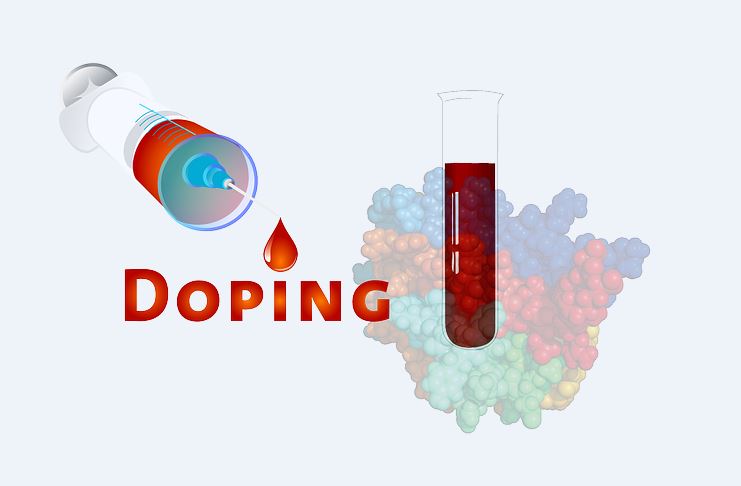Human Growth Hormone
HGH, which is a Protein Hormone, is naturally synthesized and released by the Somatotroph cells in the brain pituitary. This growth hormone is responsible for various physiological processes such as: growth and metabolism of the human body. It doesn’t have a direct effect on the bones and muscles rather the its circulation in the blood following its secretion by the brain pituitary, stimulates the secretion of a protein called IGF-1 from the liver. The IGF-1 protein is responsible for the growth stimulation of the muscles, bones and other tissues in the body.

The growth hormone levels decline in the body with age; and so, the levels are highest in children. The levels of growth hormone produced in adults are much lower than those produced in adolescents and children. HGH can also be regarded as a drug used in both humans and animals. In sport, growth hormones have been known to be used by athletes albeit illegally so as to help them build speed, strength and quickly recover after heavy training or injury. It is important to note that there are risks associated with the use of the HGH from a health perspective.
Growth Hormone prohibition in sport
Growth Hormone is grouped as an anabolic agent on the World Anti-doping agency (WADA) prohibited list. It is constantly prohibited at all times and for all levels of athletes. An approved Therapeutic Use Exemption (TUE) is usually needed in sport by an athlete to use the growth hormone that has been prescribed by the doctor.
Growth Hormone prescriptions to athletes
Growth hormone is usually legally prescribed by a doctor for quite a number of reasons. Doctors prescribe HGH injections to children as a result of the following: Growth hormone deficiency, Prader-Willi syndrome, Turner syndrome, idiopathic short stature, and to treat growth failure in children that are naturally born small but don’t catch up with their peers. While the drug is prescribed to adults for the following reasons: Growth hormone deficiency as a result of pituitary disease, and Radiation therapy. The prescribed use of the growth hormone is often times knotty because it is difficult to determine the specific time to proffer the drug and those that it will benefit. For the previously listed HGH benefits many athletes are still risking using it illegally regardless of the penalties they may incur if caught.
Dietary supplements??
Athletes should avoid dietary HGH supplements such as Genfx, Provacyl and Genf20 Plus that claim to stimulate the release of the growth hormone or contain the growth hormone. The medical use of any dietary supplement is at the athletes’ own peril or jeopardy.
Health risks associated with using the growth hormones
The health risks or side effects that are associated with the use of the growth hormone are as follows: Hypothyroidism, Pancreatitis, Irritation at the injection site, High blood pressure in the brain, Impairment of the retina and vision in diabetic patients, Damage to the growth plates in the femur in pediatric patients, Faster progression of scoliosis in people who have this condition, and Protruded arms and legs. The medical use of the growth hormone has been known to have a long-term effect on the human body: the reduced modulation of the growth hormone pathway, and the ceasing of the growth hormone secretion by the body.



